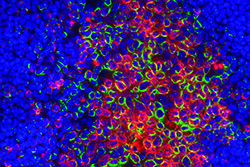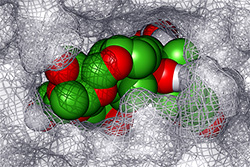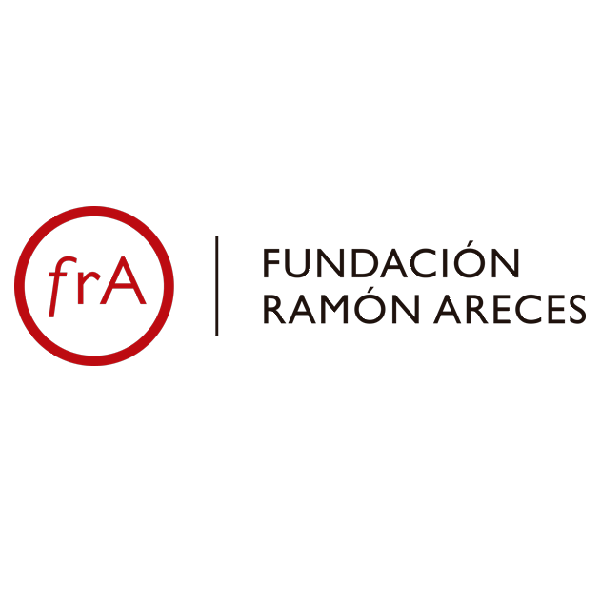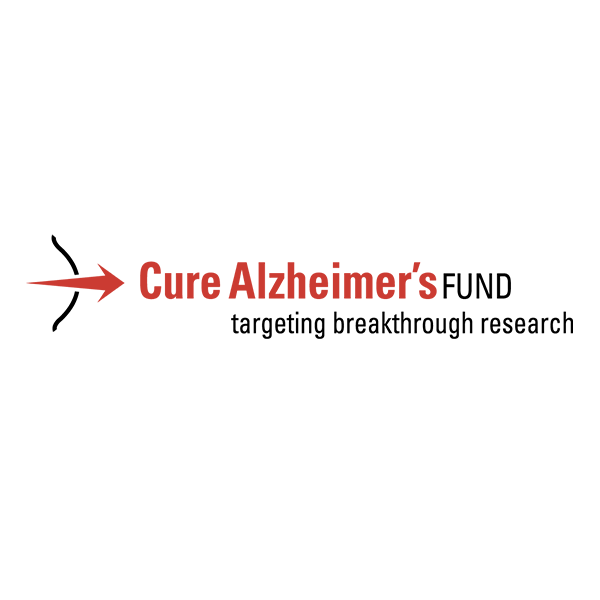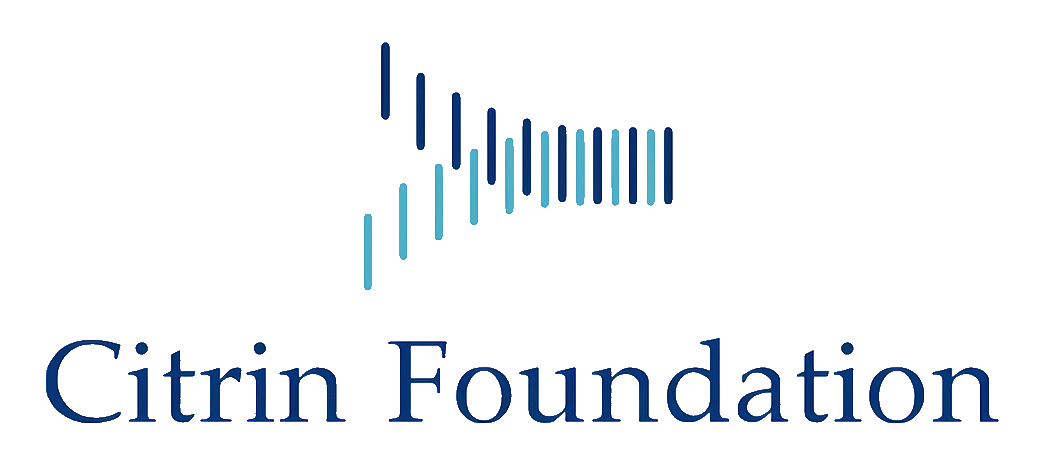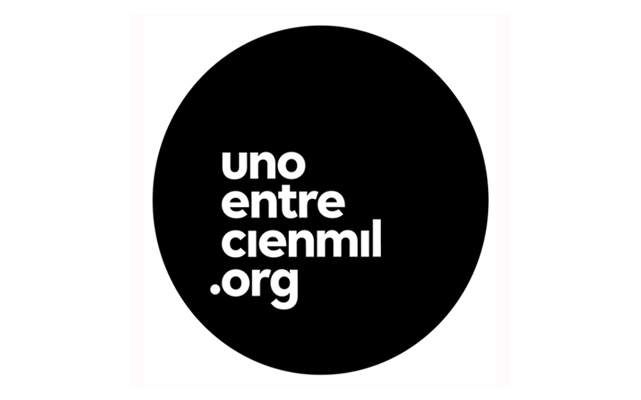Interactions with the environment
Director: María Luisa Toribio
The immune system has evolved to protect organisms against pathogens and to detect and eliminate “danger” signals, thus preserving tissue integrity. Immune responses are highly-coordinated processes that develop within complex tissue microenvironments. Although the immune response is designed to provide protection against disease, it can also cause disease itself, when the immune system is deregulated and attacks healthy cells. Our research aims to uncover core complementary aspects of the immune response, including basic aspects of antigen presentation and recognition, molecular mechanisms regulating the development and activation of immune cells, and cellular processes that determine the intensity, location and pathological outcome of the immune response. The final goal is to delineate new diagnostic or therapeutic strategies to fight infections, cancer and chronic infectious, inflammatory and autoimmune diseases. Our research also focuses on the understanding of microbial pathogenesis (by viruses, bacteria, parasites or fungi). The program is at the forefront of research in the molecular biology and evolution of the four main types of pathogens. It also investigates host-pathogens interactions, the molecular mechanisms underlying infectious diseases, and how to improve our defenses against microorganisms or how to exploit them to develop novel antimicrobial strategies and new product for biomedical and biotechnological applications.

